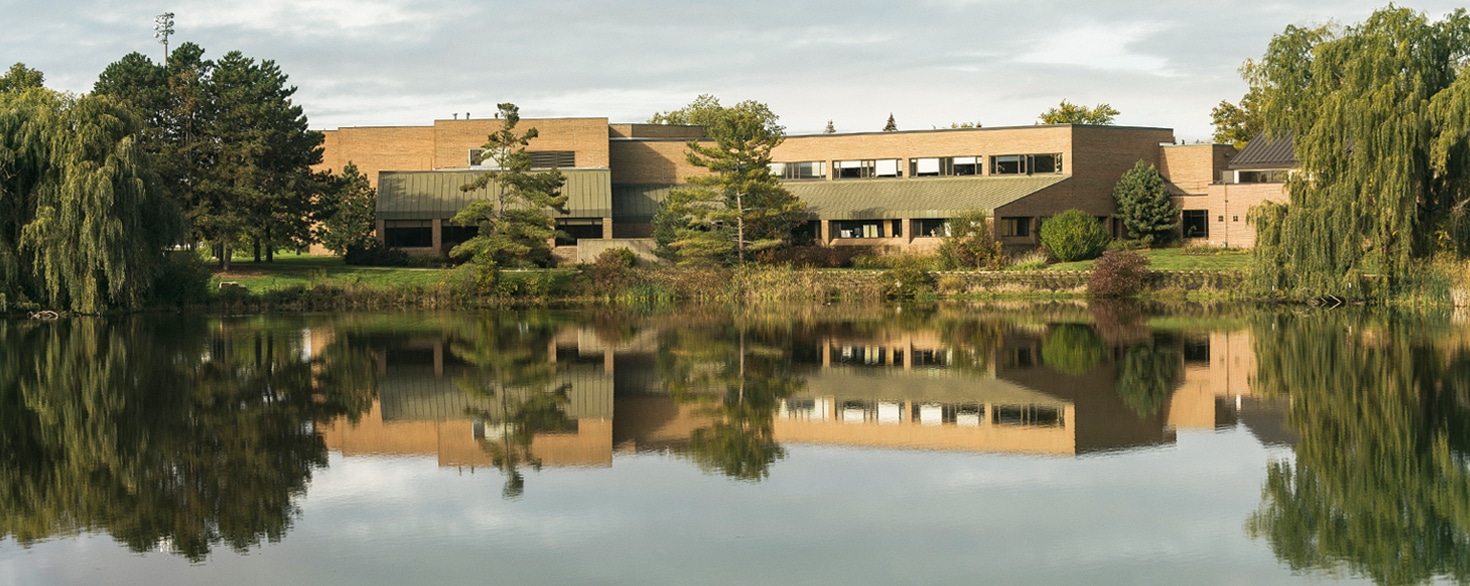In Canada, colleges offer diplomas and practical programs, while universities provide undergraduate and postgraduate degrees. Colleges focus more on career-oriented, technical, or vocational education.
Choosing the right post-secondary education institution in Canada is crucial for career development. Colleges are known for hands-on training and are typically geared towards individuals seeking to learn specific skills for the job market. In contrast, universities emphasize academic and professional education, offering a broader range of bachelor’s, master’s, and doctoral degrees.
Students can expect to engage in research and theoretical studies at universities. Both colleges and universities in Canada are key to a well-rounded education, laying the foundation for a successful future. Understanding their differences enables students to align their educational pursuits with their long-term career goals.

Credit: www.cornerstone.edu
Exploring The Canadian Educational Landscape
Understanding the difference between colleges and universities in Canada is crucial. Colleges often focus on hands-on skills and diplomas. Universities usually offer bachelor’s, master’s, and PhD degrees. These institutions provide a range of programs. Colleges are known for applied arts, technology, and trades. Universities emphasize research and academic courses.
The history of these institutions dates back several years. Earlier forms of higher education served unique community needs. Now they come together to form a dense educational network. Both types of institutions hold significant importance in the Canadian education system.

Credit: www.facebook.com
Dissecting The Terminology: College Vs. University
In Canada, a college often focuses on diploma and certificate programs. These programs are career-oriented. They prepare students for specific jobs. Colleges have smaller classes and hands-on learning. Colleges may also offer apprenticeships.
On the other side, a university provides undergraduate and graduate degrees. Universities conduct research and focus on academic and professional education. Professors at universities are usually involved in research or scholarly activities. Universities offer a wider range of courses than colleges. They have larger campuses and more students.
Degrees Of Difference: Program Offerings And Lengths
Canada’s educational institutions offer varied programs. Students can choose from diplomas, certificates, or degrees. Colleges generally provide diplomas and certificates. These often take one to two years to complete. They focus on practical skills and trades.
Universities usually offer undergraduate, graduate, and doctorate degrees. An undergraduate degree typically takes four years. A master’s degree can require one to three additional years. For a doctorate, a few more years are necessary. Education time varies considerably. It ranges from a short course for a certificate to many years for a PhD.
Pathways To Employment: Career Focus And Academic Research
Colleges in Canada excel at providing practical training to students. They focus on skills for specific jobs. Skills can be in technology, health, or arts. Hands-on experience is often part of the training. This prepares students for the workforce quickly.
Universities in Canada are known for academic research. They train students to become experts in their field. Many students aim to become professors or researchers. A university degree often requires making a thesis. This thesis is new research that adds to the field’s knowledge.
Cultural Perceptions And Social Influence
The public perception of educational institutions varies greatly between colleges and universities in Canada. People often view universities as places with higher academic status and prestigious research opportunities. On the other hand, colleges are typically seen as more focused on practical skills and hands-on training. This view impacts students’ decisions and can shape their future careers.
This difference in perception also creates a social hierarchy. Universities tend to be ranked higher in social standing. They provide a path to professions viewed as more elite or intellectual. Colleges, offering more vocational courses, are sometimes unjustly ranked lower on this social scale. These views can affect graduates’ job prospects and earnings. Changing these perceptions is essential for creating a more equitable society.

Credit: epic.utoronto.ca
Navigating The Decision: Choosing The Right Path
Deciding between a college and a university in Canada is a big step. Future students should consider a few factors. First, one’s professional goals play a crucial role. Colleges often offer hands-on training for specific careers. Universities provide broader academic programs and advanced degrees.
Personal growth is another key aspect. Consider the environment you thrive in. Colleges have smaller classes and practical experiences. Universities boast larger campuses with diverse opportunities. Weigh these factors to choose your path.
Frequently Asked Questions On What Is The Difference Between College And University In Canada
Is College And University The Same Thing In Canada?
In Canada, colleges usually offer diplomas and certificates, while universities award degrees. They serve different educational purposes and are not identical.
Do Canadians Go To College Or University?
Canadians may choose to attend either college or university based on their educational goals. Colleges generally offer vocational training, while universities focus on academic and professional degrees.
Is A College Degree Equivalent To A University Degree In Canada?
In Canada, a college degree typically refers to a diploma or certificate, while a university degree indicates a bachelor’s, master’s, or doctoral degree.
Which Is Better College Or University?
Choosing between college and university depends on your educational goals. Colleges often offer practical and technical training, while universities provide a broader range of academic and research programs. Consider your career objectives and preferred learning style to make the best choice.
Conclusion
Understanding the distinction between colleges and universities in Canada is integral for prospective students. Colleges offer practical, career-focused programs. Universities prioritize academic research and advanced degrees. Choose wisely to align with your educational and professional aspirations for a successful future.

